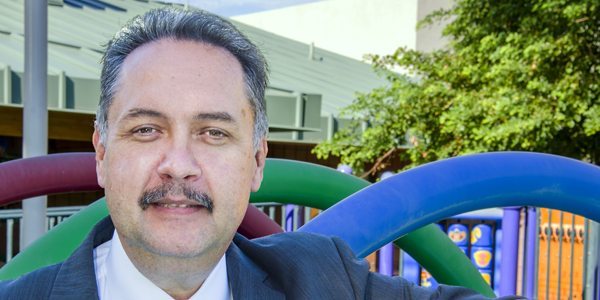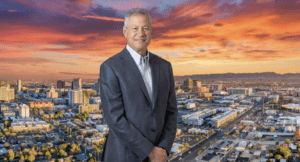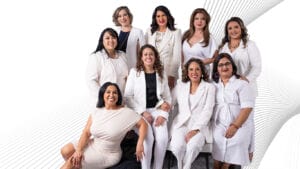Armando Contreras’ office window overlooks a courtyard playground where he can see children served by his nonprofit play on a daily basis. This is one of many reasons why he, literally and figuratively, never loses sight of UCP’s mission, a quality he counts among the most important for a CEO to possess. Since assuming his role at UCP in 2010, the nonprofit has seen bottom-to-top changes that have made fund raising and its public services the strongest in the chapter’s history.
What qualities make an effective CEO?
You need to have a vision. As a CEO, if you don’t have that vision within you, it’s going to be pretty difficult to lead. Another important quality is willingness to take calculated risk. Good CEOs roll up their sleeves, build capacity and then begin to take some calculated risks.
How is being a CEO of UCP different than leading a more traditional company?
UCP is unique. Not that we’re the only agency, but we care for children and adults with disabilities. It’s our job to integrate them into society. We have to provide them the tools and the education for them to part of the fabric of what society is. We want them to enjoy everything a typical kid enjoys. At UCP, we don’t believe in segregating the kids and society. I’d love to see more kids in the parks, more kids in the theaters, more kids being part of the arts out there and that’s what we do here; we provide those tools here … We want to maximize their potential in life.
What’s the biggest change you’ve seen in your industry?
We see more adaptive technology for our kids. In the past, families would spend thousands and thousands of dollars on technology. Today, the iPad really serves in a great way for kids’ mobility for learning, for communicating. In the past, they had these big apparatuses that would be $100,000. Technology has become a lot more effective and a lot less expensive for families.
What’s your biggest challenge at UCP?
I think it’s related to the name United Cerebral Palsy of Central Arizona. When anybody in the community hears it, they think we serve those who have cerebral palsy. The challenge is that we serve kids and adults with not only with cerebral palsy but also with Down Syndrome, autism, developmental delays, learning disabilities and other conditions. There’s been a concerted effort throughout the organization to put the word out that we serve not only those with cerebral palsy but those with other conditions as well.
What accomplishment gives you the most pride?
When I first started here, our budget was $10.1 million. We’ve projected for this fiscal year a budget of $15.6 million, so there’s been an increase in our budget. This is a whole new place. The talented people I’ve hired have turned UCP around in a huge way. The other thing we’re proud of is our administrative and fundraising costs, combined, are approximately 11 percent, which means the rest of the funds are going to our programs, children and adults. We’re very proud of that.




